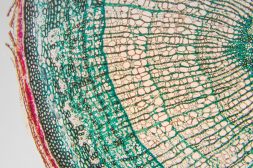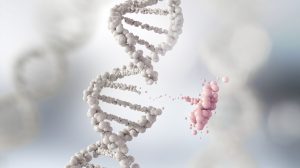Definition
noun, plural: fixator muscles
(anatomy) A muscle that serves as a stabilizer of one part of the body during movement of another part
Supplement
Muscles may be classified according to their structure, anatomical position, or action. A very well-known classification is one that is based on muscle structure or morphology. Muscles may be smooth, cardiac, or skeletal. Another classification is based on the action of a set of muscles. Muscles, when working together may be agonists, antagonists, or fixator muscle. Agonist muscles produce movements through their own contraction. They are also called the prime movers. They are responsible for generating certain movement. Antagonist muscles oppose a particular movement. They control or slow down muscle motion. An antagonist muscle opposes the action of the agonist muscle, thus, helps in regulating movements. A fixator muscle is one that serves as a stabilizer of one part of the body during movement of another part. It allows the agonist muscle to work effectively by stabilizing the origin of the agonist muscle so that the latter can pull against the bone without it moving thereby achieve an effective contraction.1
See also:
- muscle
- agonist muscle
- antagonist muscle
Reference(s):
1 Carnell, D. (2002). AS PE for OCR. Oxford England: Heinemann Educational. p20.







